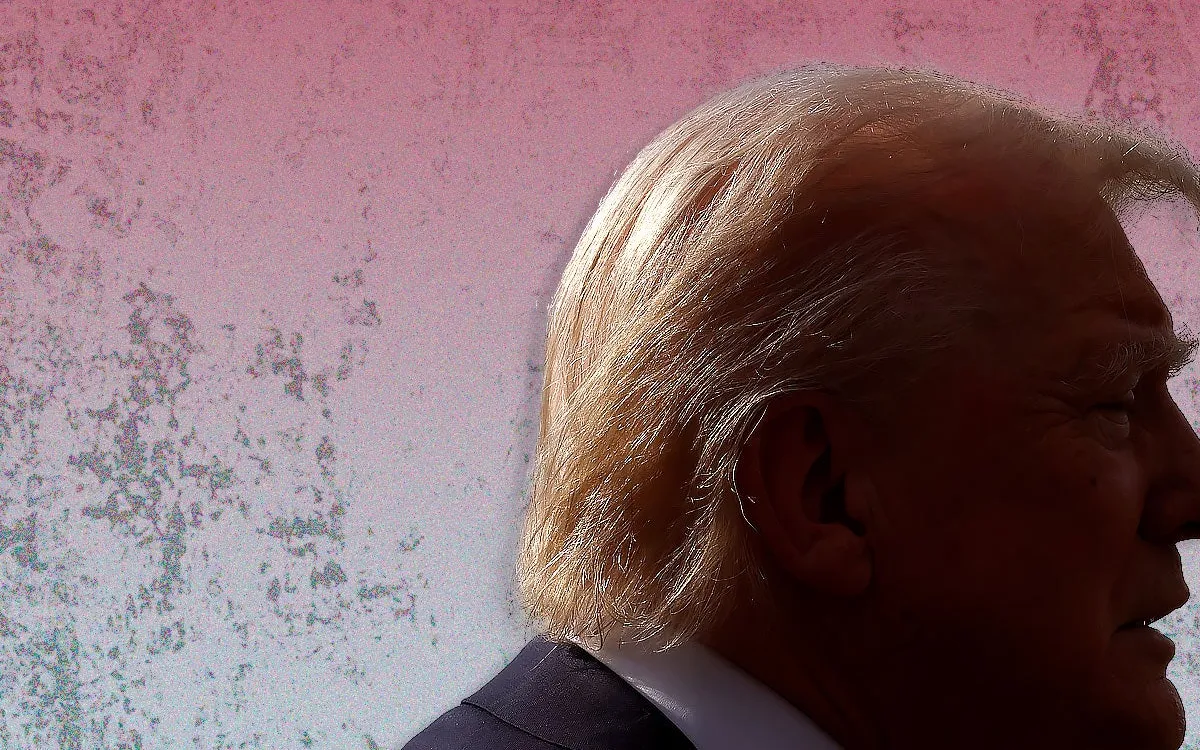
As we approach Day 100 of Donald Trump’s second term as President of the United States, it's essential to reflect on the significant legal challenges that have unfolded during this period. Trump has enacted nearly 140 executive orders, leading to a surge of legal disputes across the nation. Notably, Democracy Forward has spearheaded 55 of these lawsuits, collaborating with various attorneys and organizations to challenge Trump's actions. This week on the Amicus podcast, host Dahlia Lithwick engaged with Skye Perryman, president of Democracy Forward, to dissect the implications of these legal battles and the lessons learned from these tumultuous 100 days.
During the podcast, Lithwick pointed out the overwhelming nature of the legal challenges arising from Trump's presidency, which range from federal firings to First Amendment challenges. The complexity and volume of these cases can make it difficult for individuals not immersed in the legal world to understand what to prioritize. Perryman offered a structured approach to categorize these cases, focusing on a few key areas that are critical for understanding the broader implications.
Perryman identified three crucial categories of legal challenges:
Constitutional Rights and Presidential Authority: This category includes cases that question how Trump’s actions impact the constitutional rights of American citizens, such as birthright citizenship and the Alien Enemies Act. These cases probe the boundaries of presidential power in relation to Congress and the rights afforded to individuals. Government Function and Accountability: This encompasses cases that address the administration's attempts to replace nonpartisan civil servants with partisan loyalists. This category highlights concerns about who influences government operations and the degree of accountability to the public. Kitchen-Table Cases: Referred to as the Project 2025 cases, these lawsuits examine Trump's initiatives that affect the everyday lives of Americans, such as proposed cuts to the Department of Education and USAID. These cases often skirt traditional legislative processes and raise questions about the legality of executive actions.Perryman emphasized the interconnected nature of these cases, urging listeners to consider how various legal battles are linked despite their different focuses. This perspective challenges the fragmentation that can occur when individuals concentrate solely on issues that resonate personally. Understanding the broader landscape allows for a more comprehensive view of how these cases might influence one another.
One significant observation from the first 100 days is the evolving behavior of judges in response to Trump's administration. Perryman noted that judges are increasingly assertive, with some openly challenging the administration's disregard for judicial rulings. This dynamic raises questions about the enforcement of court orders and whether the judiciary can impose meaningful consequences for noncompliance.
The ongoing dialogue between lawyers, judges, and the public is critical in maintaining the integrity of the judicial system. Perryman stressed that the ability of citizens to seek justice through the courts remains a powerful tool against an administration that often seeks to evade accountability. The collective efforts of legal professionals and engaged citizens are essential in pushing back against any attempts to undermine the rule of law.
As we move beyond the 100-day mark, the legal landscape will continue to evolve. Courts may start utilizing their full range of powers to enforce compliance with their orders, potentially leading to significant repercussions for the administration if it continues to defy judicial authority. Perryman highlighted that the public's response to these issues is equally crucial, as widespread engagement in civic discourse can motivate legislative action and reinforce the importance of following court orders.
In conclusion, the first 100 days of Trump’s second term have showcased a complex interplay between executive authority and judicial oversight. While the challenges are significant, the resilience of the legal community and the active participation of citizens serve as vital components in preserving the democratic processes in the United States. As the situation unfolds, it will be essential to remain vigilant and engaged in the fight for accountability and justice.